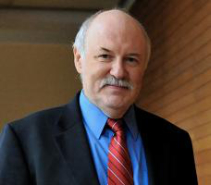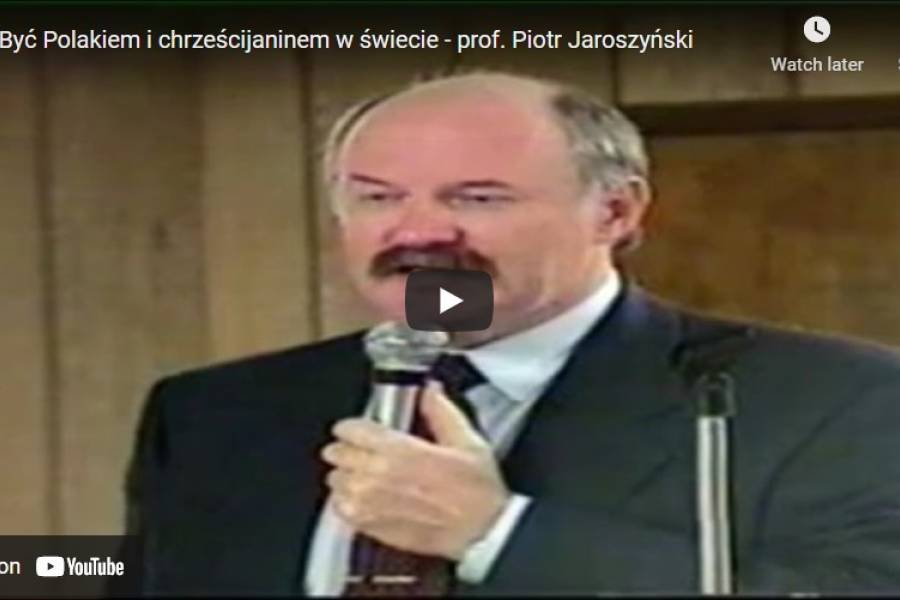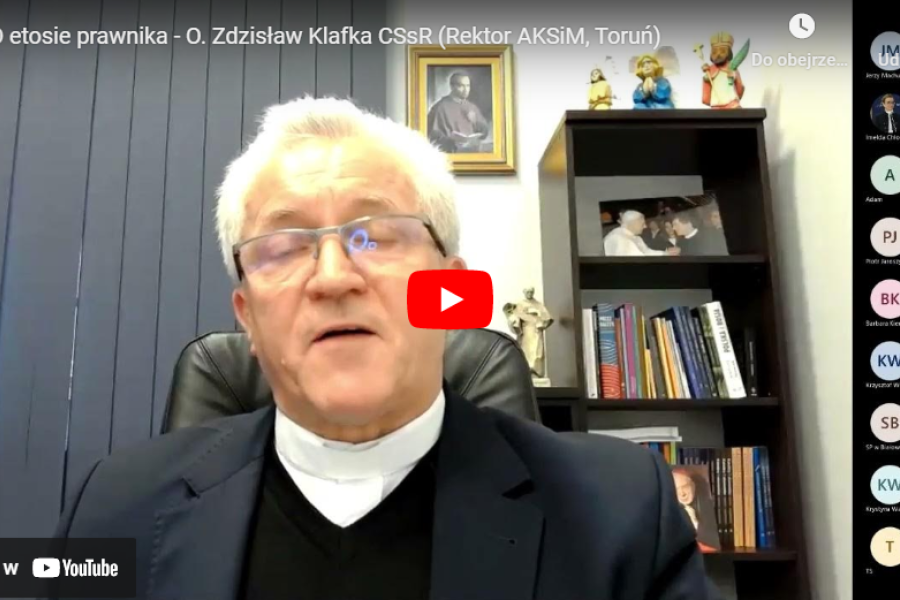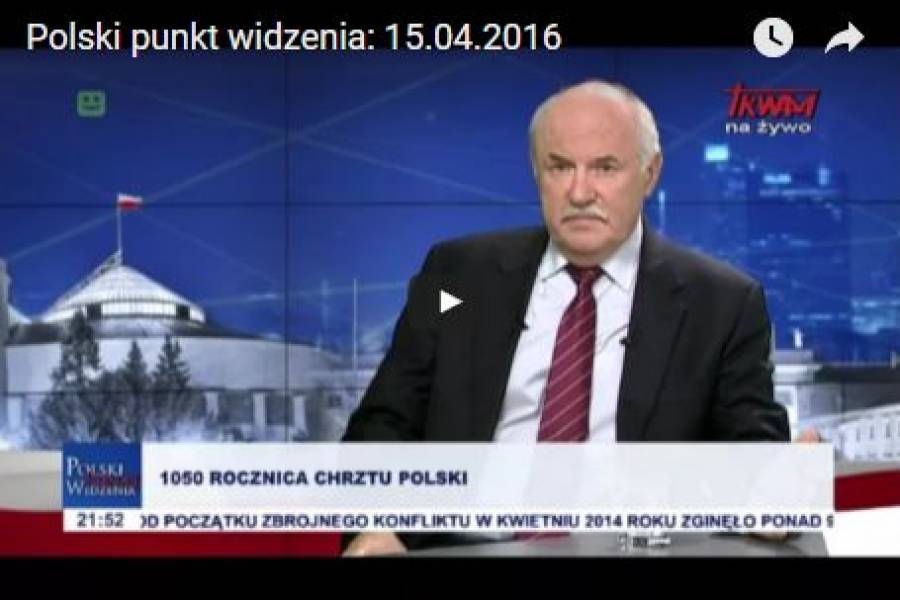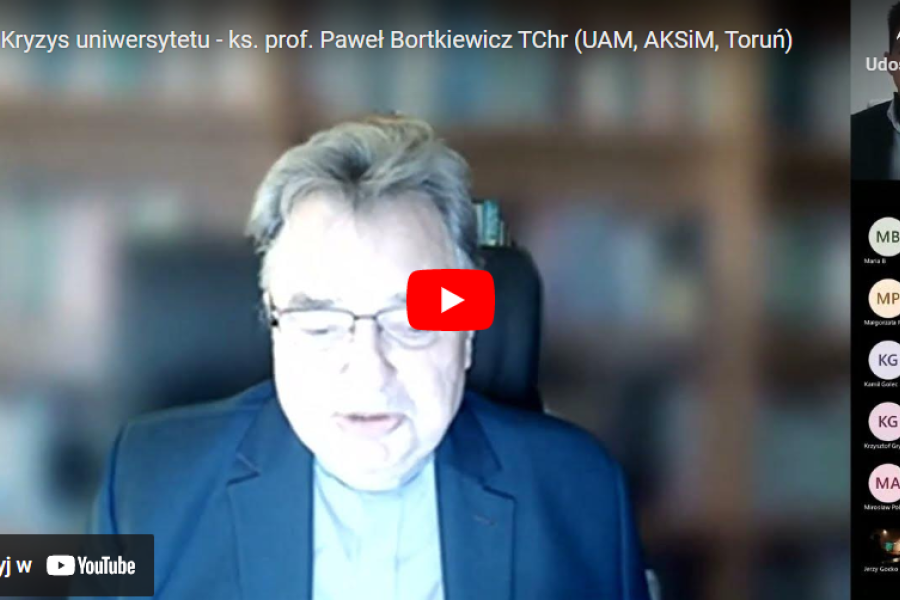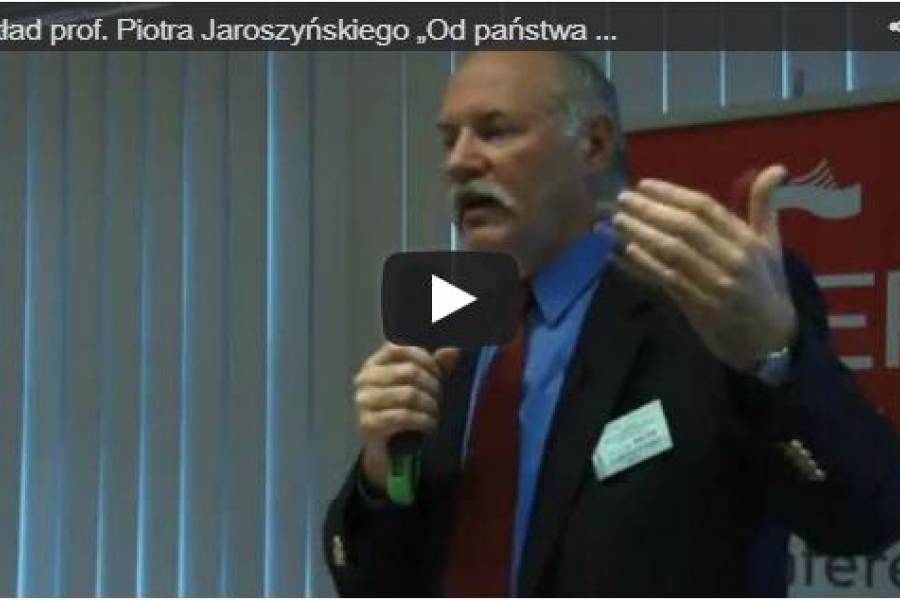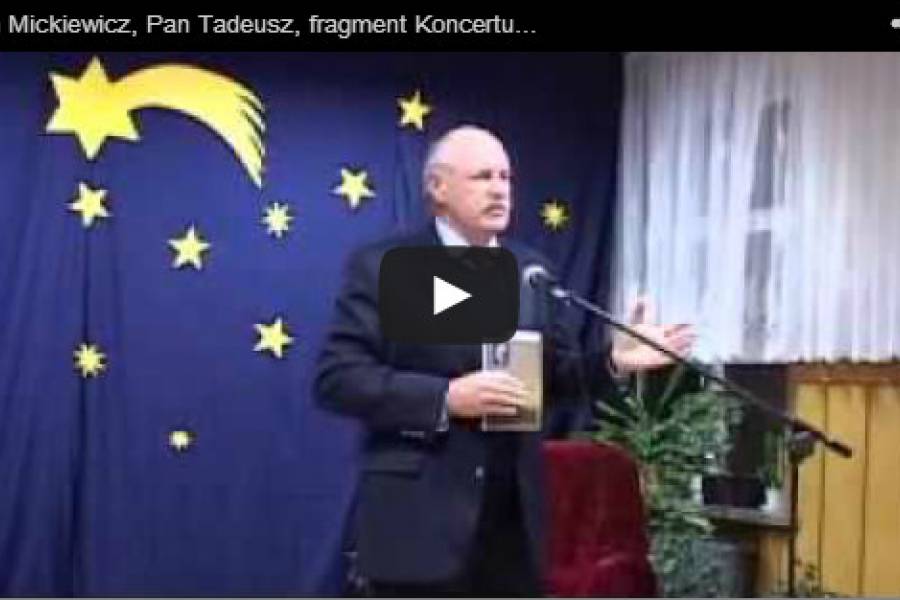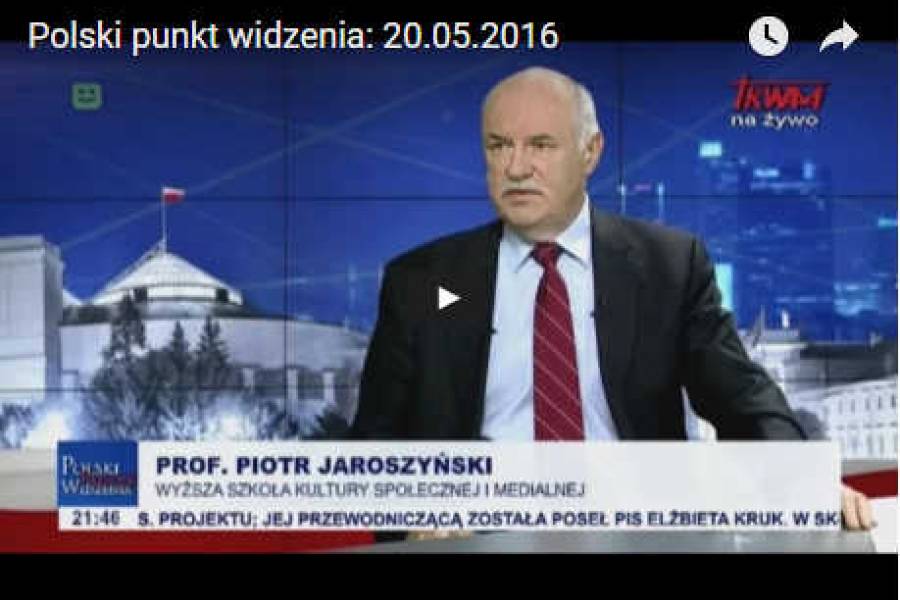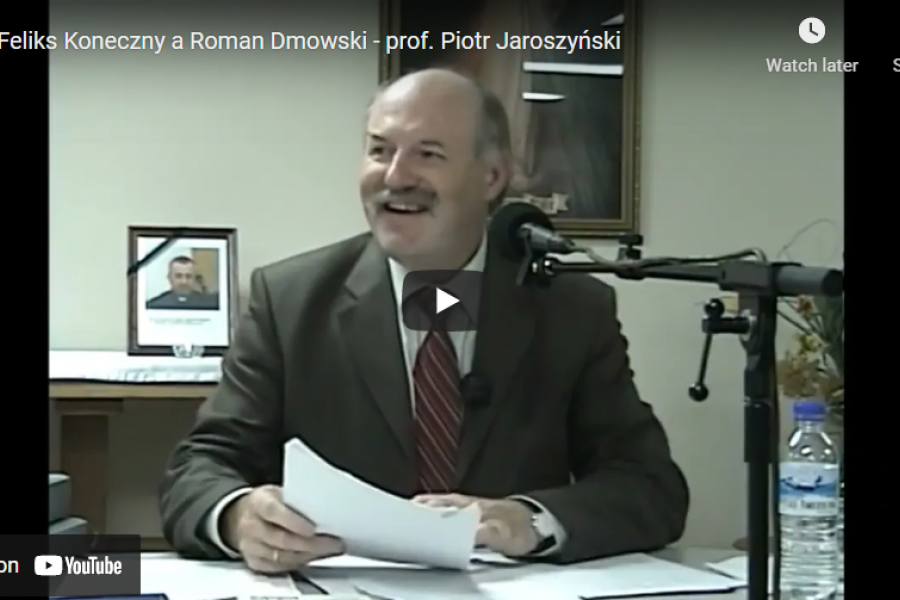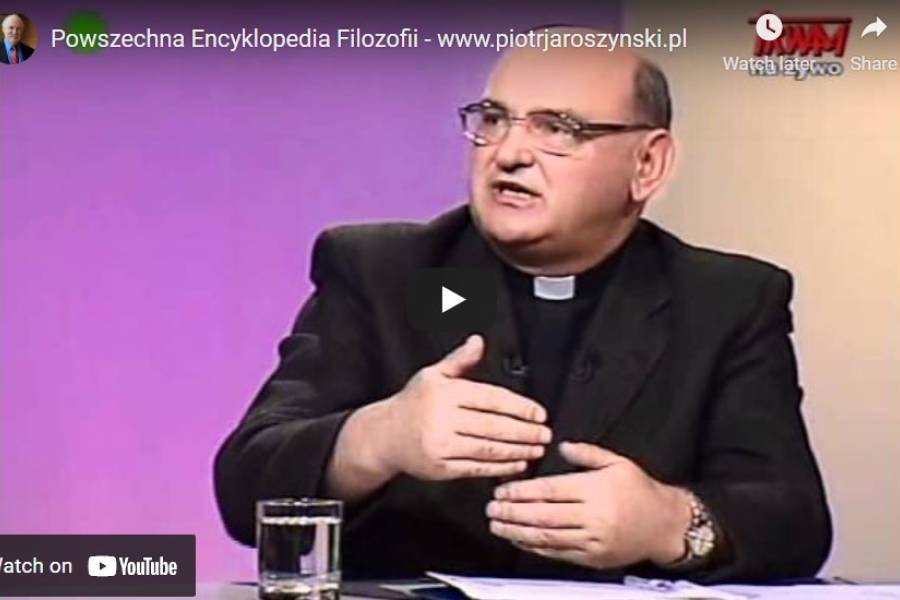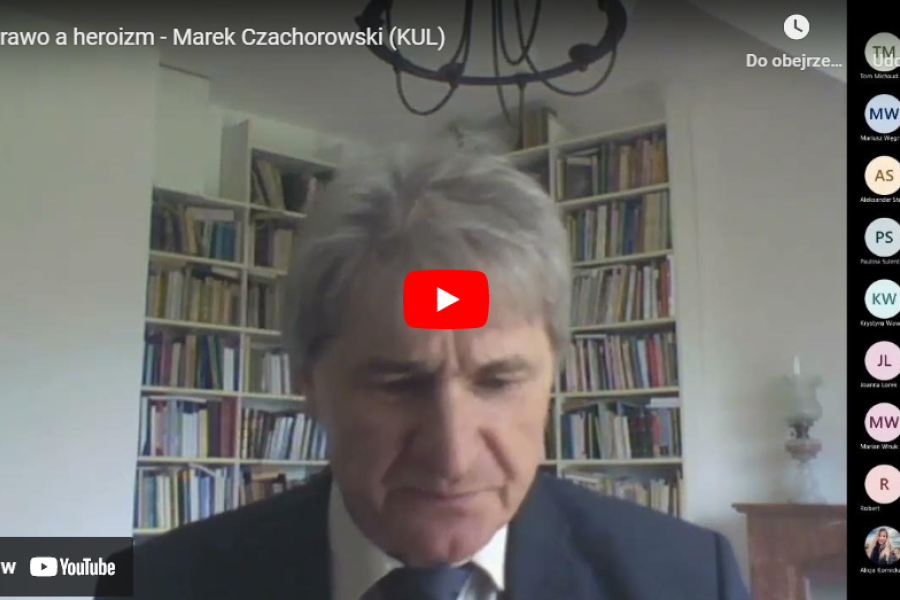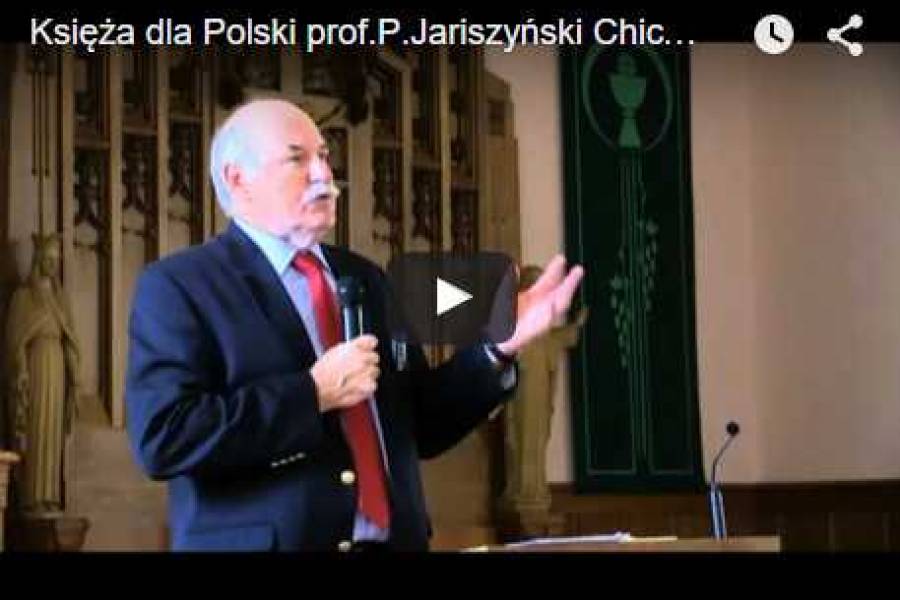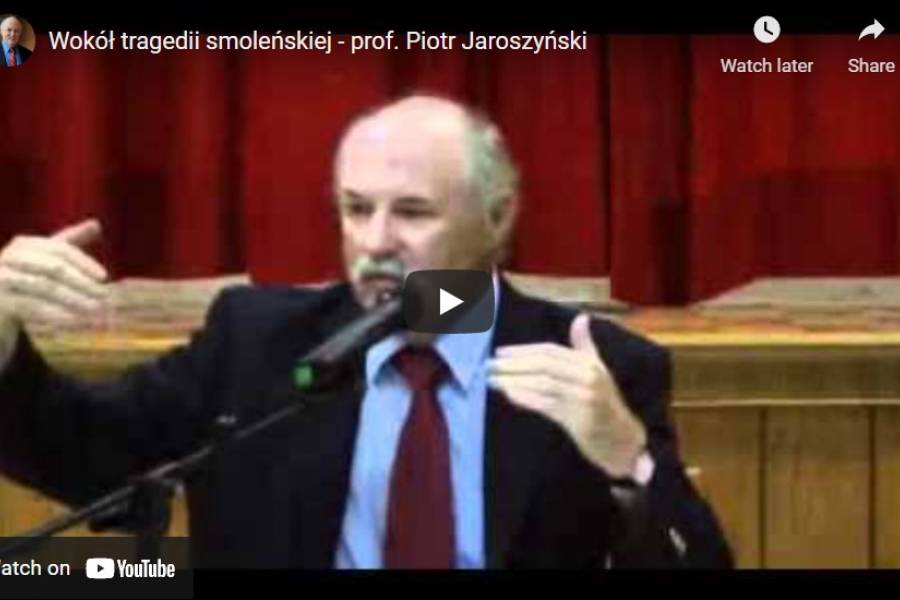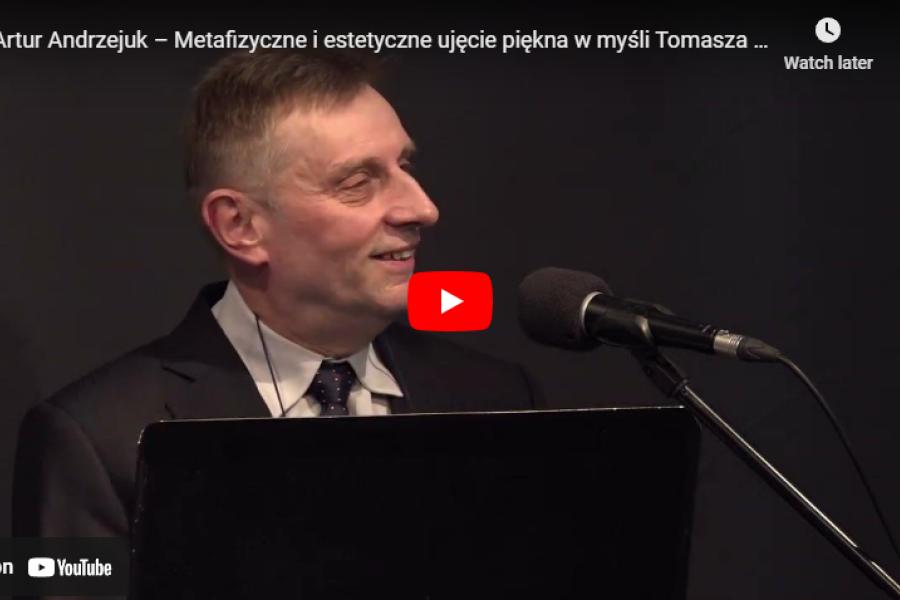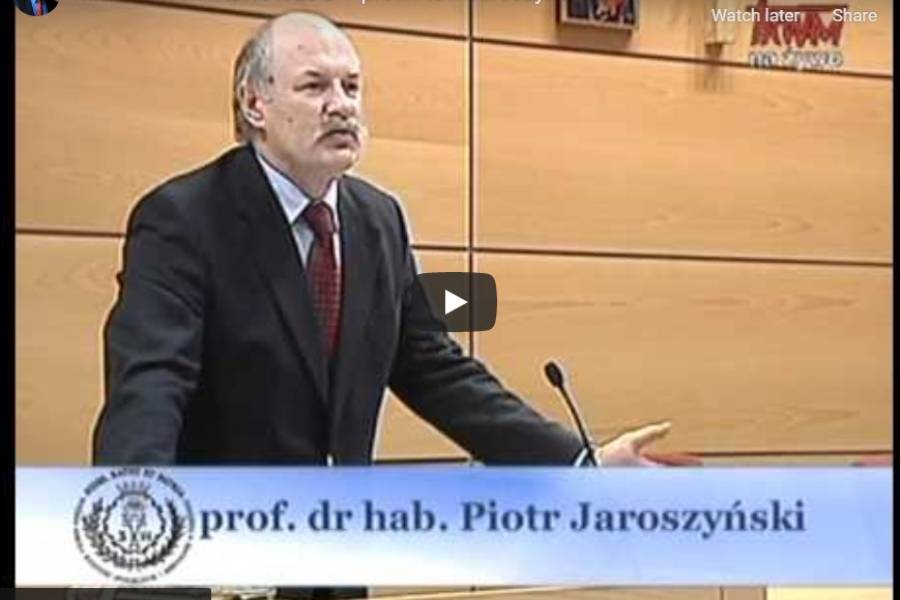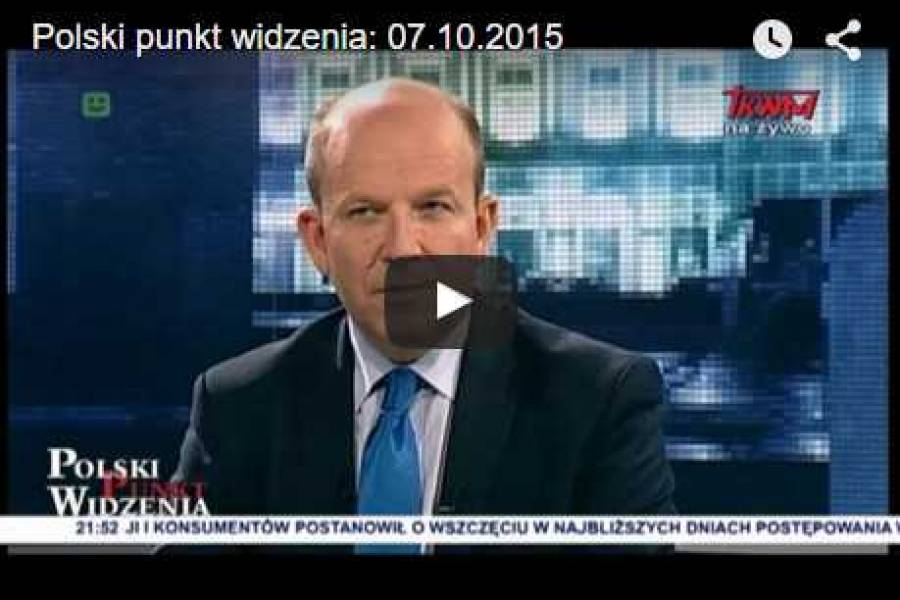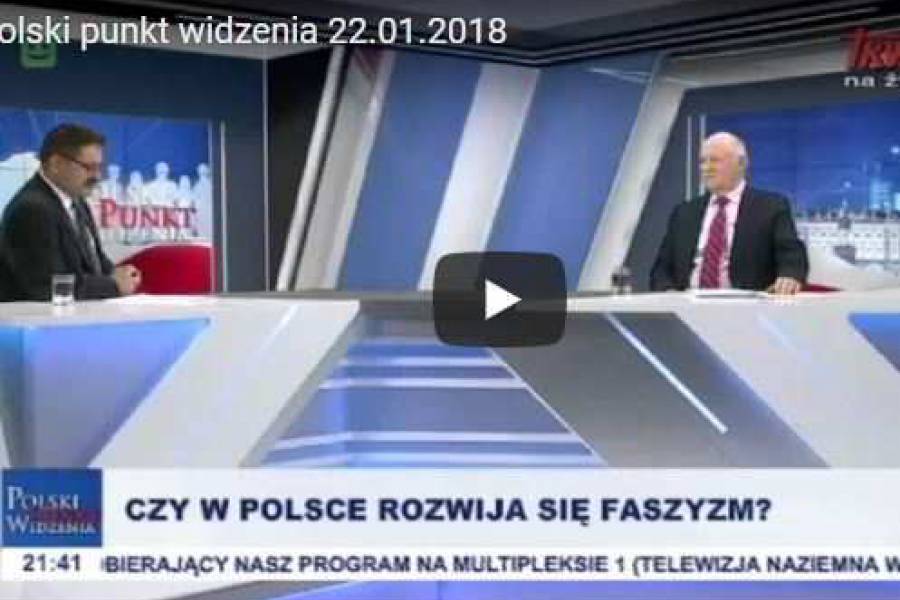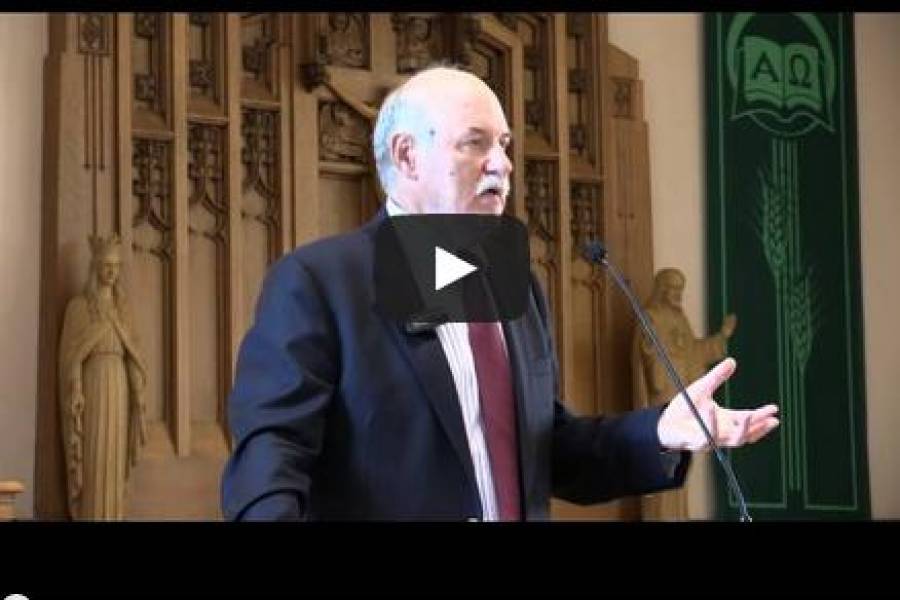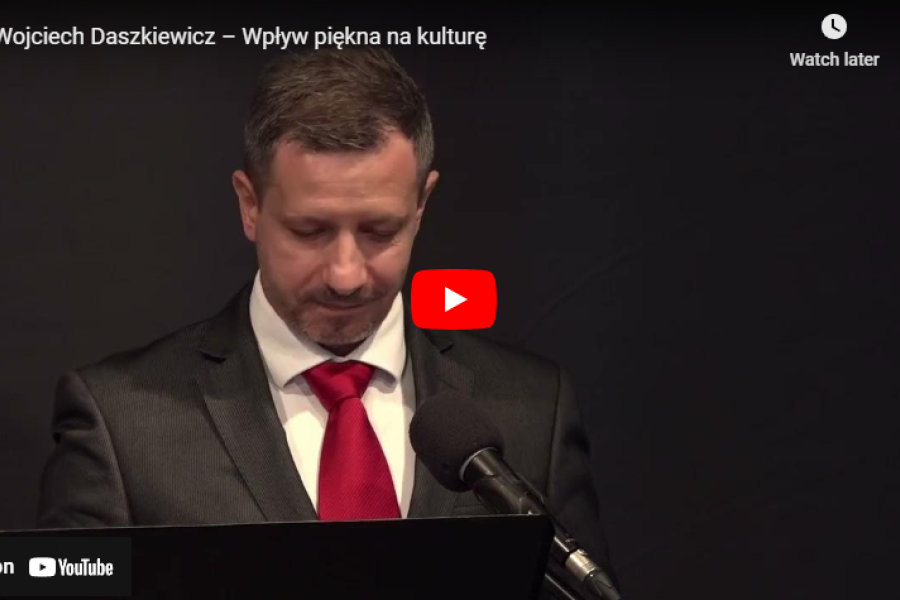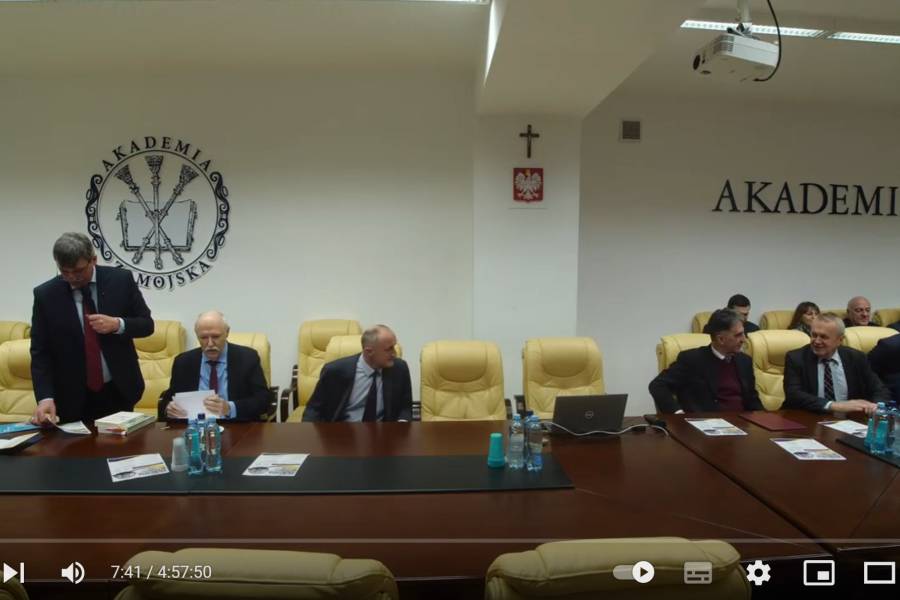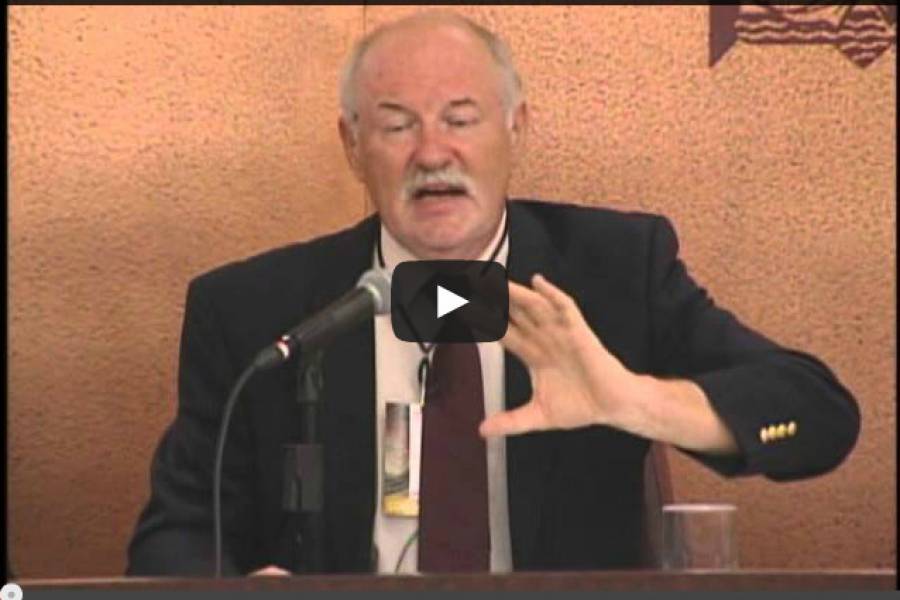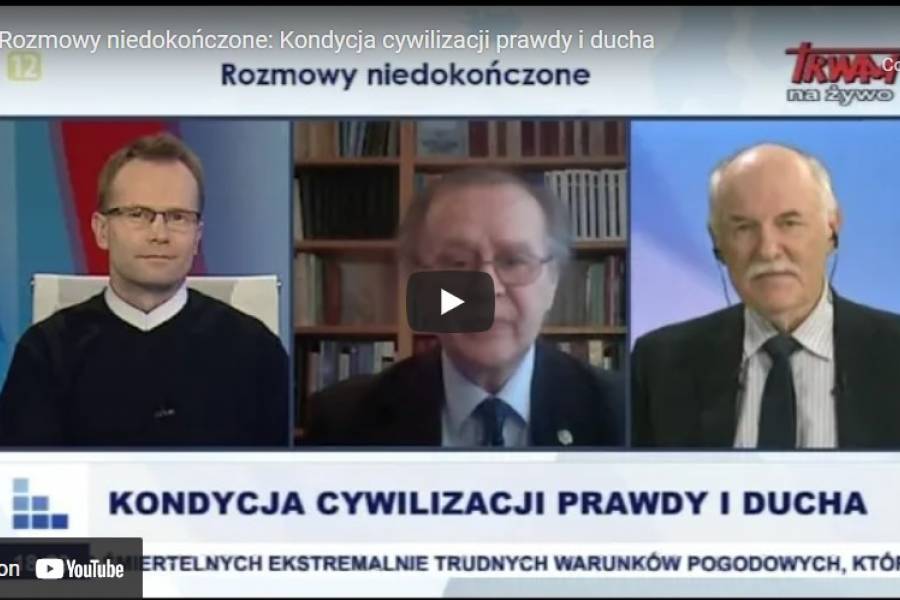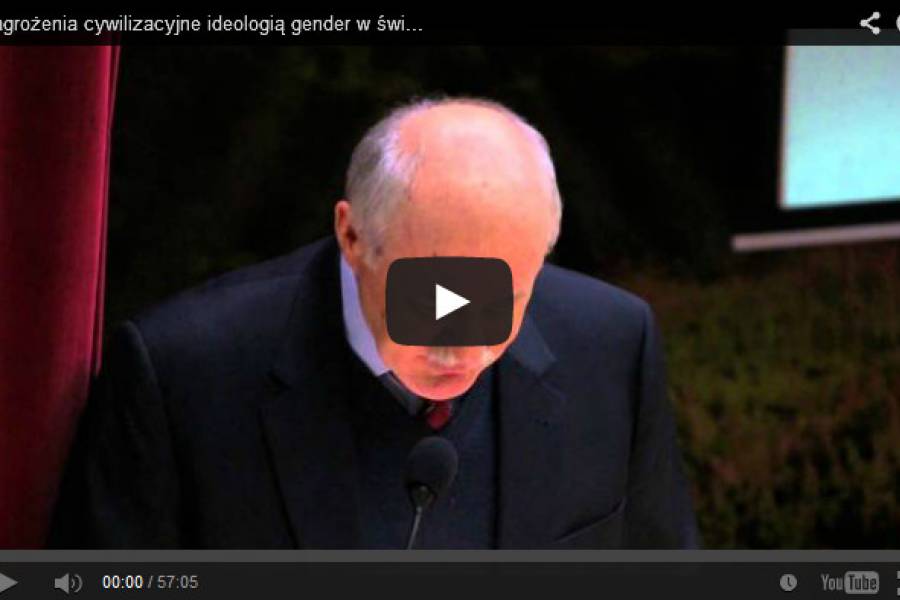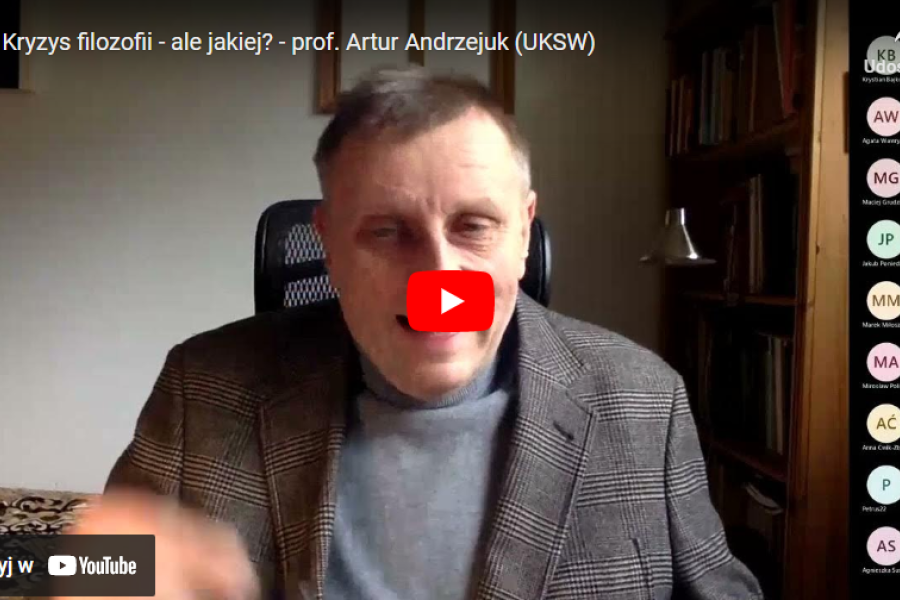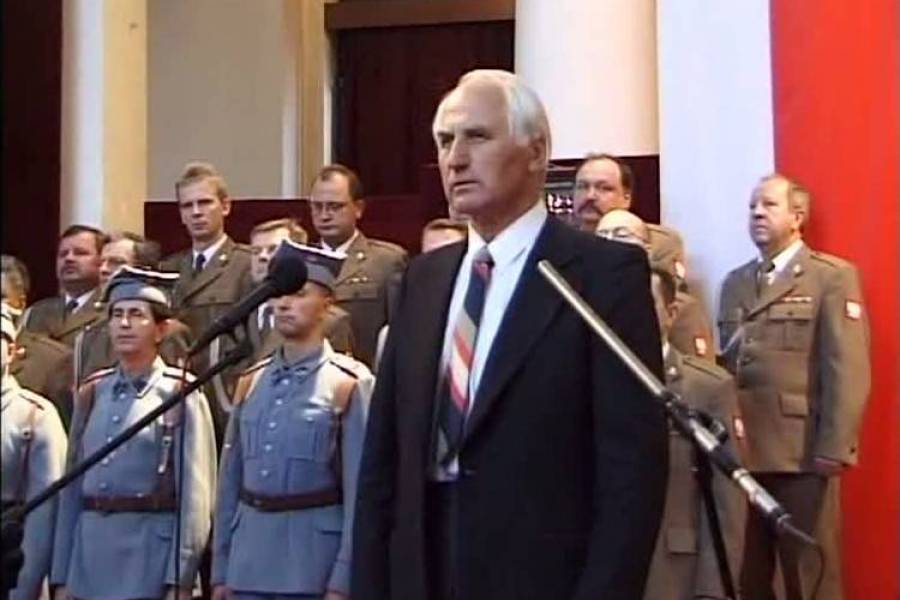Ethical Dilemmas and Universal Values
Symposium on Ethics, Business and Society
May 15, 2012
The 17th International Symposium on Ethics, Business and Society opened on the Barcelona campus yesterday to discuss “Universal Ethics. Cultural Diversity and Globalization.” The opening session was introduced by Domènec Melé, professor of business ethics, who said that cultural diversity is relevant for management and policy makers and international organizations. “The old chestnut when in Rome do, as the Romans do still applies,” he said, adding a cautionary note that it can lead to ethical relativism if applied to ethical matters. “We must recognize that tension exists between local ethics and practices and universal values,” he said.
He was followed by Joan Fontrodona, also a professor of business ethics, who commented that “we know what our differences are, but what do we have in common? What can we see beyond these differences?” Carlos J. Sánchez-Runde, professor of managing people in organizations, asked “how can honest companies compete in corrupt environments and what is the ethical impact of bribes on those who pay them and those who receive them?” He said he believes that conflicts over practices can be harder to deal with than conflicts over values. We are always discovering universal values, he said, they are always in the making.
“When we talk universal ethics what we are really talking about is universal morality,” said Piotr Jaroszynski, professor of philosophy at the Catholic University in Lublin, Poland. “Ethics is a theory of individual morality just as politics is morality in society. There is only one human morality but there are many ethics.”
The session ended with a few words from Dean Jordi Canals on the importance of learning to work with diversity and of respecting the norms and values that prevail in cultures different from our own.
The first day ended with a panel discussion on universal ethics and cultural relativism with Joao Cesar Das Neves, full professor and president of the Scientific Committee of Economic and Business School, UCP, who discussed “Ethics in Business: Possibilities and Limits of Universal Ethics.” He was followed by Ana Marta González, professor of philosophy at the University of Navarra, who addressed “Harmonizing Universal Ethics and Cultural Diversity: Practical Rationality and Natural Law.” The session was chaired by Antonino Vaccaro, professor in IESE’s Department of Business Ethics.
The second day began with a session moderated by Prof. Alberto Ribera titled “East Is East, West Is West, and Always the Twain Shall Meet” in which Daryl Koehn, professor of ethics and business law at the University of St. Thomas, Minnesota, compared Confucius and Aristotle’s ideas about virtue and drew out the considerable similarities. For both, virtue is elevated excellence which is proper to human beings and fundamental to one’s humanity, she said.
The final roundtable, titled “Multinational Corporations and Human Rights in the Globalization Context,” was moderated by Prof. Antonio Argandoña.
He stressed that while the term “human rights” has only recently found its way into the vocabulary of corporations, it is a subject that is at the core of the CSR field.
Ramón Mullerat, former co-chair of the Human Rights Institute of the International Bar Association (IBA), noted that the UN Declaration of Human Rights was aimed at governments when it was penned in the 1940s. But increasingly companies are embracing its principles because they realize they have a responsibility to protect human rights. Joaquim Borras, executive president of ISS Facility Services in Spain, stressed that “ethics is value” and described how his company has grown to 534,519 employees in 53 countries in part by “giving people a sense of purpose.”
Arantza Hernanz, corporate responsibility manager at Repsol, discussed the oil and gas company’s policies toward human rights, and how it seeks collaborative and consensual approaches, particularly when entering regions populated by indigenous groups.
“Human rights may be a new expression in business, but the issues are not new to us,” she said, noting that Repsol is currently ranked as the world’s most sustainable O&G company by the Dow Jones Sustainability Index.
Finally, Beatriz Bayo of the fashion retailer Mango, said that her company’s approach toward respecting human rights flows from its three fundamental values: harmony, humility and human worth.
“The most important thing for us is to do business,” she said. “But there are many ways to do business.”
